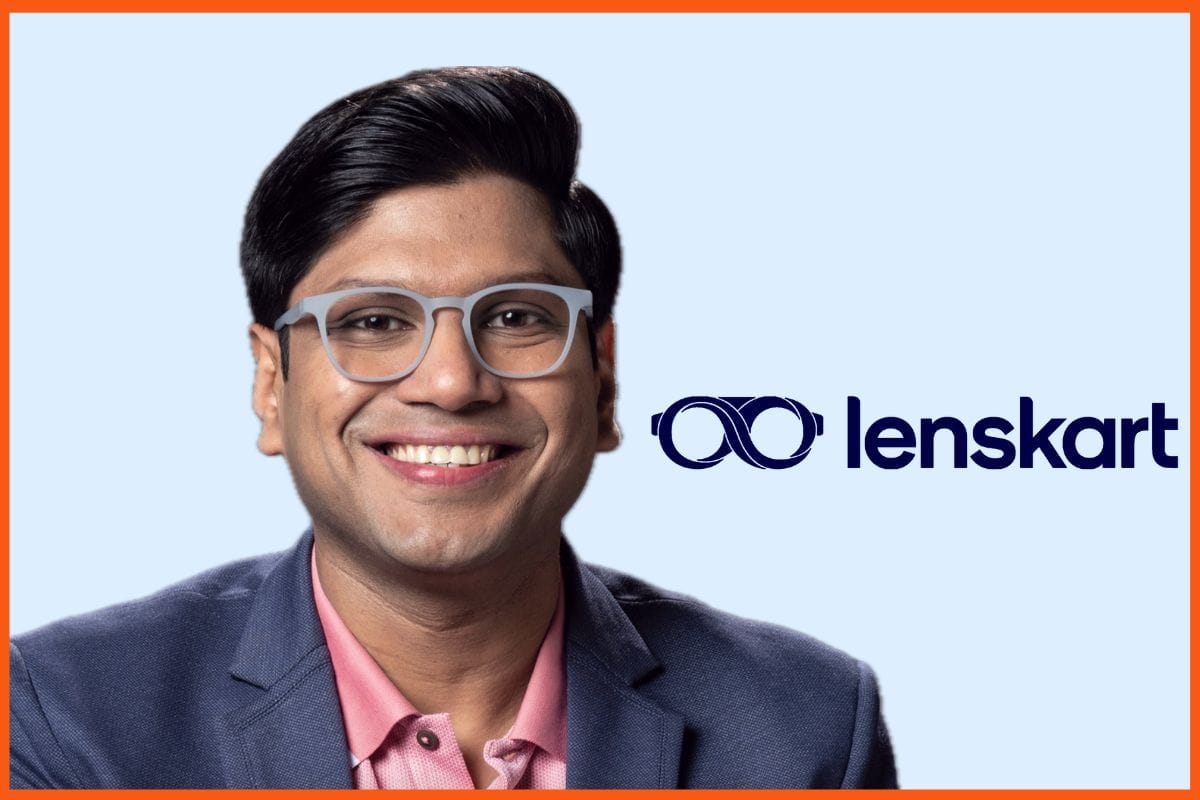India’s startup ecosystem witnessed significant developments on 9th October 2025, with funding across media, SaaS, wearables, healthtech, cybersecurity, mobility, and AI sectors. Key highlights include Rusk Media raising INR 103 crore in Series B, Reo.Dev securing $4 million in a seed round, Eternz expanding its wearable business, and Fastest.Health boosting rapid diagnostics services. Additionally, Lenskart unveiled smartglasses with direct UPI payments, while LG Electronics India’s IPO faces scrutiny over tax and royalty concerns, reflecting both innovation and regulatory attention in the Indian market.
Daily Indian Funding Roundup – 9th October 2025
| Company | Amount | Round | Lead investor(s) | Sector |
|---|---|---|---|---|
| Rusk Media | INR 103 Cr | Series B | Info Edge; undisclosed investors | Media / Content distribution |
| Reo.Dev | $4 Mn | Seed | Heavybit | Developer tools / SaaS |
| Eternz | Undisclosed | Pre-Series A | Timex Group India | Tech-enabled watches / Wearables |
| Fastest.Health | INR 1.2 Cr | Pre-seed | Inflection Point Ventures | Quick diagnostics / Healthtech |
| Pantherun Technologies | $12 Mn | Series A | Sahasrar Capital Investors and Lucky Investment Managers | Cybersecurity / Enterprise security |
| Hala Mobility | INR 30 Cr | Hala+ FOCO | Mobility / Transportation | |
| Contrails AI | $1 Mn | Pre-seed | Huddle Ventures; IAN Group | AI / Trust & Safety / Risk governance |
Rusk Media raises INR 103 Cr in Series B round
Rusk Media, a content distribution and media startup, raised INR 103 crore in its Series B round led by Info Edge and other investors. The funding will help scale operations, enhance technology infrastructure, expand content offerings, and strengthen market presence, enabling the company to grow its audience and reach across India.
Reo.Dev raises $4 Mn in seed round led by Heavybit
Developer-focused SaaS startup Reo.Dev raised $4 million in a seed round led by Heavybit. The funding will accelerate product development, expand its suite of developer tools, improve customer support, and drive adoption in global developer communities. The company aims to simplify software workflows and enhance developer productivity at scale.
Eternz raises Pre-Series A to accelerate growth, partners with Timex Group India
Eternz raised a Pre-Series A round to expand its wearable technology business in partnership with Timex Group India. The funds will be used to enhance product innovation, improve distribution channels, and scale operations. The startup focuses on tech-enabled watches, blending style and functionality for an evolving customer base.
Fastest.Health raises INR 1.2 crore in pre-seed funding
Quick diagnostics platform Fastest.Health secured INR 1.2 crore in pre-seed funding led by Inflection Point Ventures. The investment will support doorstep sample collection, fast 90-minute report delivery, and expansion of services across cities. The startup aims to simplify healthcare access, improve patient convenience, and build a reliable rapid diagnostics network in India.
Pantherun Technologies secures $12M funding
Cybersecurity firm Pantherun Technologies raised $12 million to expand its enterprise security offerings globally. The funding will strengthen product development, enhance threat detection capabilities, and support international market entry. The company aims to provide scalable, AI-driven security solutions to enterprises, addressing rising cyber threats and safeguarding sensitive organizational data effectively.
Hala Mobility raises INR 30 crore under Hala+ FOCO
Hala Mobility raised INR 30 crore under its Hala+ FOCO initiative to scale mobility and transportation services. The funds will enhance fleet management, expand operations, and improve technology integration. The startup aims to provide reliable, tech-enabled transport solutions while optimizing operational efficiency, supporting sustainable mobility, and increasing customer satisfaction.
Contrails AI raises $1 million led by Huddle Ventures and IAN Group
AI startup Contrails AI raised $1 million in a pre-seed round led by Huddle Ventures and IAN Group. The funding will enhance its AI-powered trust and safety platform, helping online businesses detect, prevent, and manage risks. The company focuses on ensuring safer digital experiences and governance for platforms using generative AI content.
Key Business News for 9th October 2025
Lenskart Integrates UPI Payments into Smartglasses
Lenskart has unveiled its upcoming B Camera Smartglasses, set to launch in the coming months. These smartglasses feature direct UPI payment integration, allowing users to make instant QR-based transactions by simply scanning a code and issuing a voice command, eliminating the need for a smartphone or PIN. The UPI Circle feature, developed by the National Payments Corporation of India (NPCI), ensures secure and private transactions. This innovation marks a significant step in India’s wearable technology landscape, combining AI-based camera features with digital payment capabilities.
LG Electronics India IPO Faces Scrutiny Over Tax and Royalty Issues
LG Electronics India’s INR 11,607 crore initial public offering (IPO) is under scrutiny following concerns raised by governance advisory firm InGovern Research Services. InGovern highlighted INR 4,717 crore in disputed tax liabilities, ongoing royalty payments, and related-party transactions as potential risks that could affect the company’s future profitability. Despite these issues, the IPO has been oversubscribed, with significant participation from institutional investors. The offering is a 100% offer-for-sale by the Korean parent company, LG Electronics Inc., which will retain 85% ownership post-listing.



